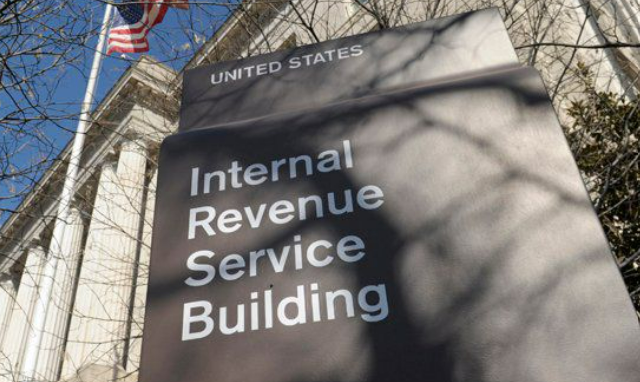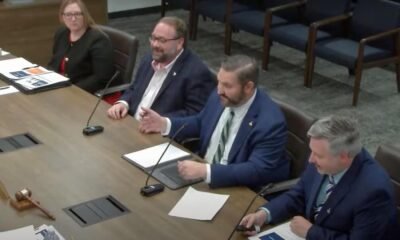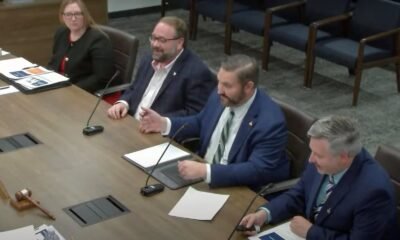Biden administration
A Call to Action: Stop IRS Weaponization to Restore Joy in America

One of the pressing issues for the incoming Trump administration will be addressing the extensive funding and expansion of the IRS under the previous administration. The Democrats authorized a staggering $80 billion to bolster the agency, intending to hire tens of thousands of new auditors.
Despite the significant investment, the IRS reports that the increased audits have generated less than $2 billion. This raises questions about the financial sustainability of the initiative. It appears less about tax fairness and more about intensifying pressure on taxpayers to fund a political agenda.
Voter sentiment has largely turned against these stringent enforcement measures. Reports from progressive leaders falsely claimed that the IRS would rake in nearly $1 trillion over the next decade by targeting wealthy individuals and businesses. Instead of fostering compliance, these efforts have often cast a shadow of suspicion over lawful taxpayers.
Particularly affected are small business partnerships, which play a vital role in the economy. There are approximately 4.5 million such partnerships across the United States, contributing over $12 trillion in revenue and employing millions. New IRS regulations threaten the stability of these partnerships by complicating the tax treatment of asset transfers, thereby introducing uncertainty into a process typically governed by established practices.
Moreover, the anticipated revenue from enforcement rubrics has not materialized as projected. The IRS disclosed that only $1 billion has been recovered since the aggressive measures were enacted two years ago, leaving significant doubt about the effectiveness of these policies.
Taxpayers face the possibility of costly last-minute changes to the tax code as the Biden administration approaches the end of its term. It is crucial for the upcoming administration to be ready to reverse these regulations if they persist. Voter backlash signals a clear desire for reform and stability in tax policy.
Realigning the focus on the needs of American taxpayers will be essential for restoring confidence in the tax system. The administration must consider the implications of any new IRS policies to avoid further alienating the public.


















